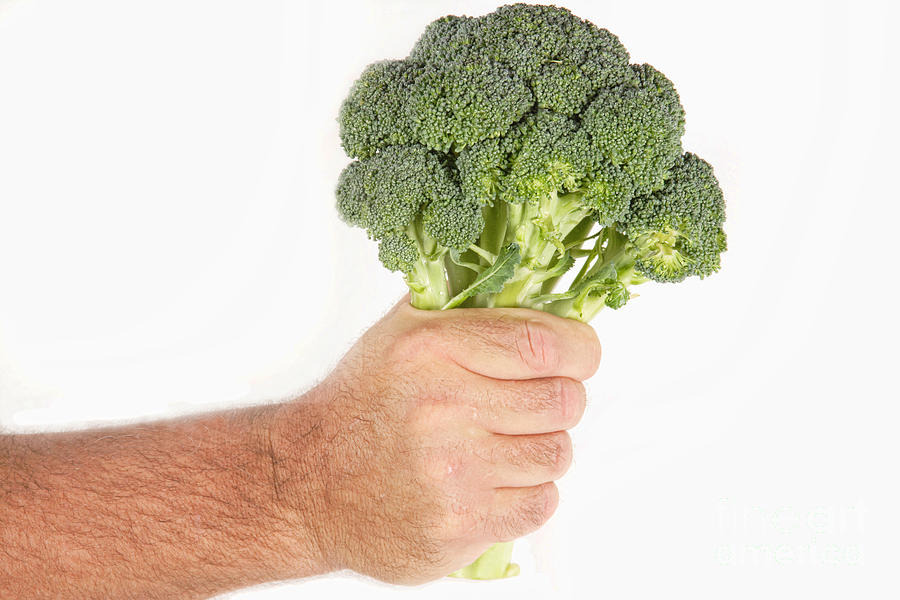As my academic interests have turned to intersections of human and nonhuman inequality, I’ve come to recognize that many entanglements of oppression operate unchallenged within social justice spaces themselves. Unfortunately, the Nonhuman Animal rights/vegan movement presents a rich case study for sexism, racism, sizism, and classism. It also perfectly demonstrates the callous engagement of victim-blaming to protect this violence.
Once confronted with criticisms intramovement violence, many activists react by doubling down on discriminatory attitudes. Others simply ignore the problem altogether. Acknowledging intersectional failure is too often framed as “bad for the cause,” “drama,” or “attention-seeking.” This reaction is almost predictable given that the movement is dominated by those occupying positions of gender, race, body, or class privilege. Subsequently, the notion that veganism should be promoted at all costs, regardless of who it hurts, emerges as the movement mantra.
Violence in anti-speciesism efforts is a political problem. For one, it silences and intimidates existing activists. Silenced and intimidated activists are hardly effective ones. This violence also works to repel newcomers from participating. The strategy of pushing veganism at all costs while ignoring violence in the ranks means that new recruits will enter the movement only to bounce right back out. Worse, they may become victims, too. There is an imperative for activists to get their own house in order before welcoming new participants if the goal is to retain and sustain new vegans. It is even more important if the goal is to undermine violence rather than replicate it.
In The Revolution Starts at Home, activists across the social justice spectrum have observed that accusations of “creating drama” are employed so as to avoid airing a movement’s “dirty laundry.” This strategy is indicative of victim-blaming. By blaming the victim for the structural problems the victim identifies, the activist community attempts to redirect guilt and culpability. For instance, should they point out problems of racism, they are likely to be accused of racism themselves for the audacity of bringing up race in a society that is supposedly post-racial. Women who critique sexist patterns in the movement may be accused of hurting Nonhuman Animals with their selfishness. Victims are made to feel illogical, unreasonable, and insincere as a result. This is, curiously, a defense strategy that vegans themselves face when confronting nonvegans. The irony, however, is lost.
As a tactical matter, oppression cannot be undermined within a social movement community with willed ignorance. As a philosophical matter, it is simply counterintuitive to proclaim that violence against animals should be combatted “at all costs” while simultaneously failing to address the more accessible suffering of human animals within the community. If the anti-speciesism movement cannot be a safe space for activists, it cannot be a powerful force. Instead, it only contributes to the culture of violence so abhorred by vegans.
The expectation is that presenting a false front of unity and cheerfulness will be more enticing to newcomers. But, again, ignoring the problem does not eliminate the problem. New activists lured under false pretenses are not likely to remain in the long term.
A version of this essay first appeared on the Academic Activist Vegan on December 4, 2013.

Readers can learn more about the nonprofit industrial complex in my 2016 publication, A Rational Approach to Animal Rights. Receive research updates straight to your inbox by subscribing to my newsletter.
